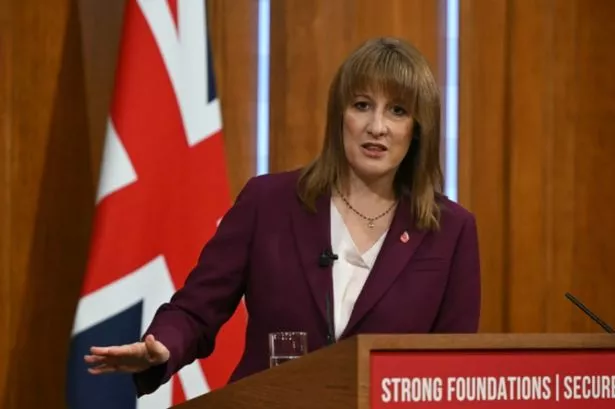The National Institute of Economic and Social Research (NIESR) has indicated that the United Kingdom may face significant tax increases in the upcoming Autumn Budget. NIESR’s analysis suggests that Chancellor Rachel Reeves will need to consider a minimum increase of 2 pence to the basic rate of income tax to address a projected £50 billion shortfall in public finances.
As the Chancellor prepares for the Budget on November 26, 2023, NIESR has warned that Ms. Reeves risks falling short of her fiscal targets by £38.2 billion for the fiscal year ending in 2029-30. The think tank advises that raising income tax is essential to stabilize the economy, rather than implementing smaller adjustments to marginal tax rates, which could prove detrimental in the long term.
NIESR estimates that a 2p increase on the current 20% basic rate of income tax would generate an additional £20 billion. Furthermore, a 5p rise on the 40% higher rate could contribute an additional £10 billion, with a similar adjustment to the upper tax band expected to yield around £500 million.
Stephen Millard, NIESR’s deputy director for Macroeconomics, emphasized the necessity for Ms. Reeves to make “brave choices.” He stated, “She will likely need to break her manifesto pledge by raising income tax rather than attempting to fill the gap by making numerous changes to marginal taxes. This would be the least harmful option for the economy.”
A combination of tax increases and spending cuts is viewed as crucial for restoring public finances and fostering economic growth. Millard noted that achieving higher economic growth and improved living standards across the UK hinges on the government’s willingness to make tough decisions regarding taxation and spending.
David Aikman, a NIESR director, remarked on the urgent need for political commitment to these measures. “The economics are clear; what is required now is political will,” he said. “There must be readiness to take difficult decisions on tax and spending in this Budget in the long-term interests of the UK economy.”
The call for increased taxation comes at a critical time for the UK government as it navigates significant fiscal challenges. With public sentiment varying on tax policies, the decisions made in the Autumn Budget will likely have lasting implications for the country’s economic landscape.







